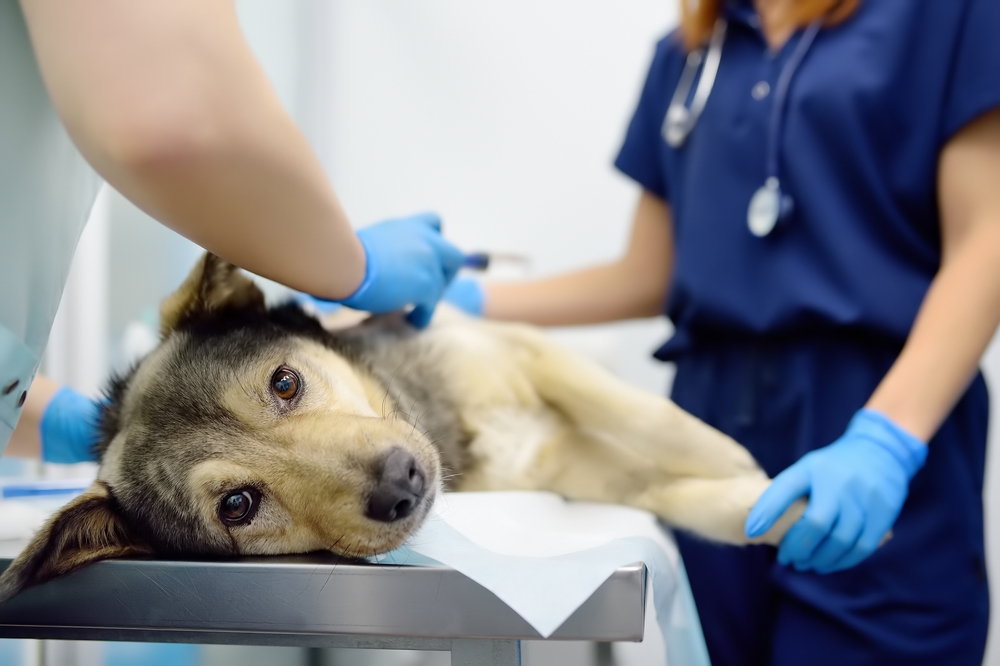Protect your dog by knowing which diseases are dangerous – and learn how to prevent them in the best possible way.
Others are reading now
Keeping your dog healthy requires attention to both prevention and early action when signs of illness appear. Good habits in daily life can make a significant difference in your dog’s quality of life and longevity. With proper care, you can give your dog the best chances for a long and happy life.
Lungworm

Lungworms are parasites that live in the blood vessels and lungs and can lead to severe breathing problems in dogs. The infection can be life-threatening, especially in young or weakened dogs.
Transmission: Dogs become infected by ingesting slugs or their slime, which carry the larvae.
Treatment/prevention: Treated with antiparasitic medication; prevented through slug control and regular deworming.
Leptospirosis
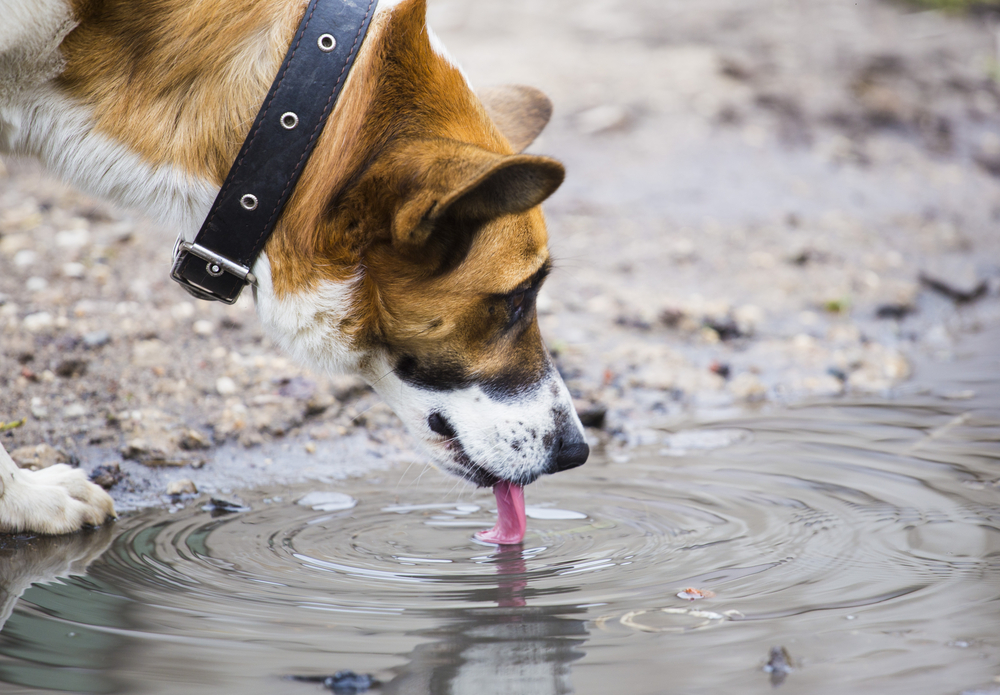
Leptospirosis is a bacterial infection that can damage the kidneys and liver and is also transmissible to humans. Symptoms range from fever and vomiting to serious organ failure.
Transmission: Spread through contact with urine from infected animals, particularly in water or soil.
Treatment/prevention: Vaccination and avoiding stagnant water offer effective protection against infection.
Distemper
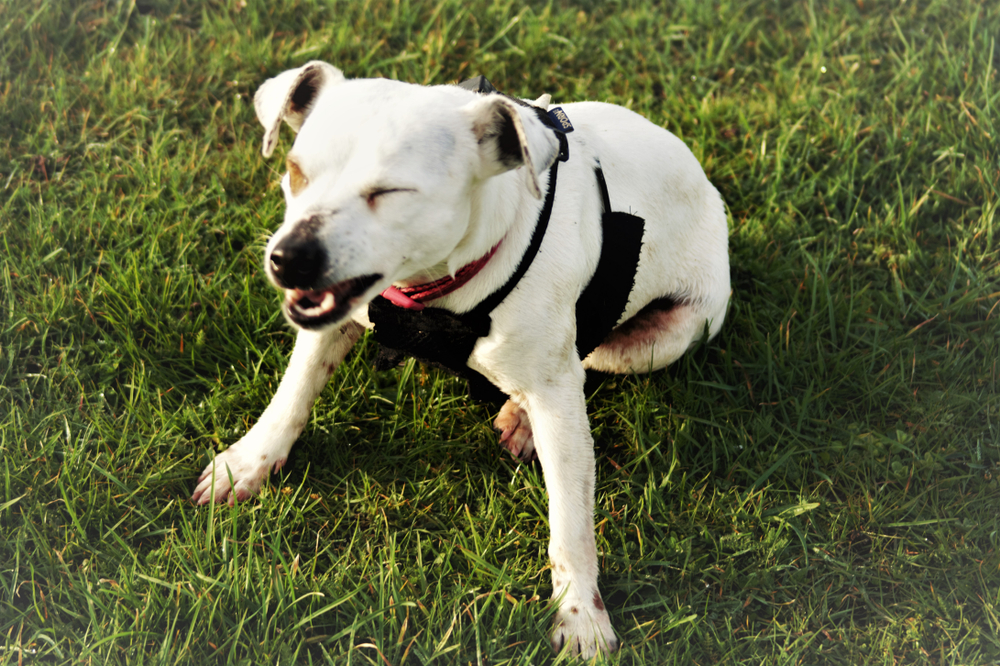
Distemper is a viral infection that affects the respiratory system, gastrointestinal tract, and nervous system. It can cause fever, nasal discharge, seizures, and deadly complications.
Transmission: Spread via airborne droplets from coughing or sneezing.
Treatment/prevention: Vaccination is the most effective form of protection, along with isolating infected animals.
Also read
Gastric Dilation and Volvulus (GDV)
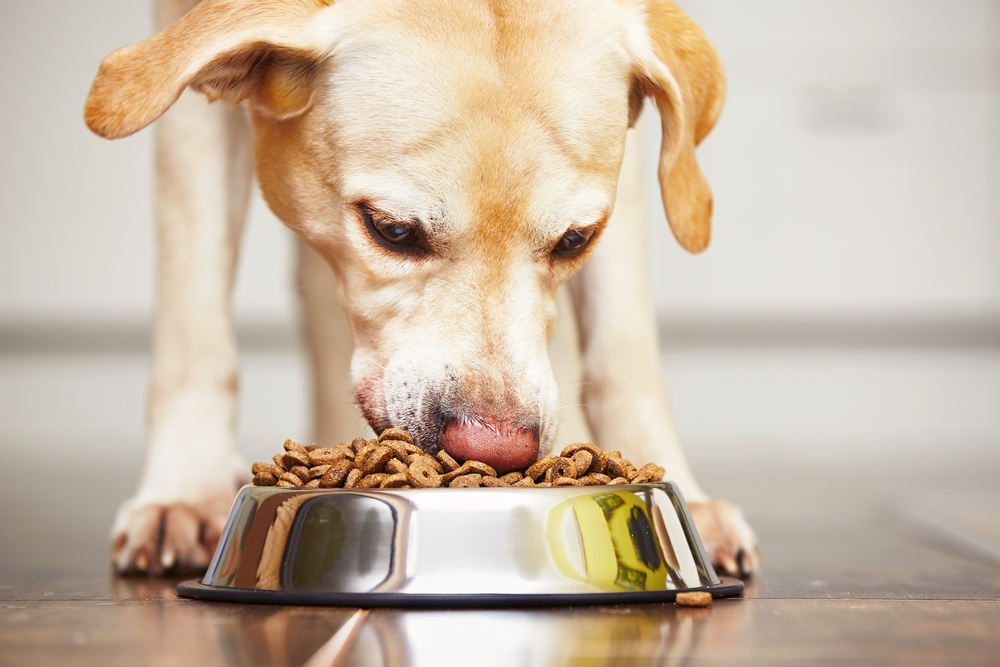
GDV, or bloat, is an acute and life-threatening condition where the dog’s stomach fills with gas and twists, cutting off blood supply. Symptoms include a swollen abdomen, restlessness, and unproductive attempts to vomit.
Transmission: GDV occurs spontaneously but the risk increases after large meals followed by physical activity.
Treatment/prevention: Requires emergency surgery; preventive gastropexy may be considered for high-risk breeds.
Kennel Cough
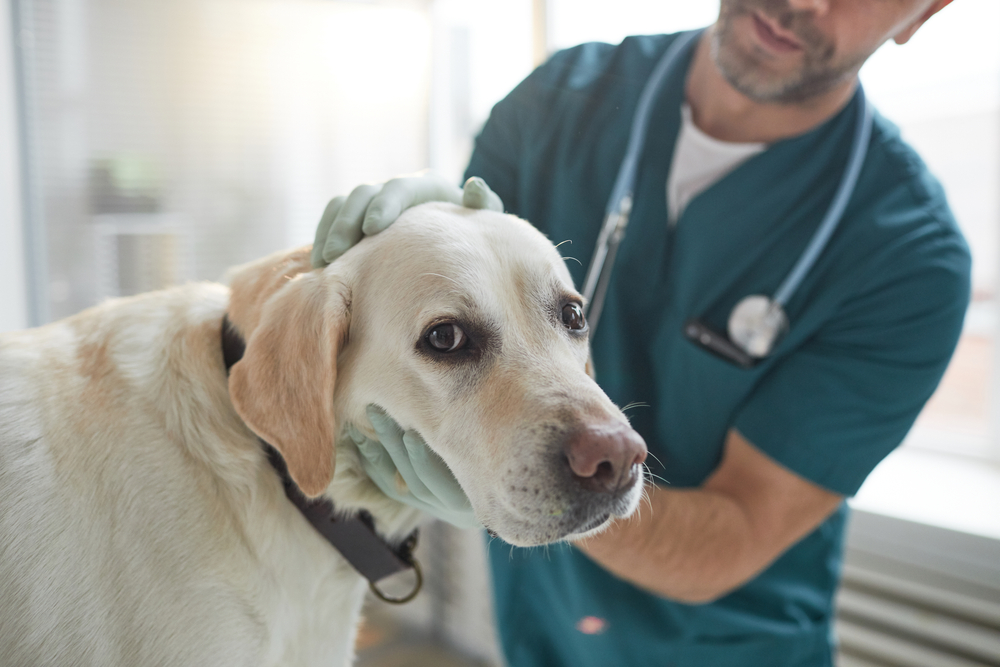
Kennel cough is a contagious respiratory infection that causes a dry cough and can lead to secondary infections. It’s often caused by a combination of viruses and bacteria.
Transmission: Spread through airborne droplets, direct contact, or contaminated objects.
Treatment/prevention: Vaccination, good hygiene, and isolating infected dogs significantly reduce the risk.
Heartworm
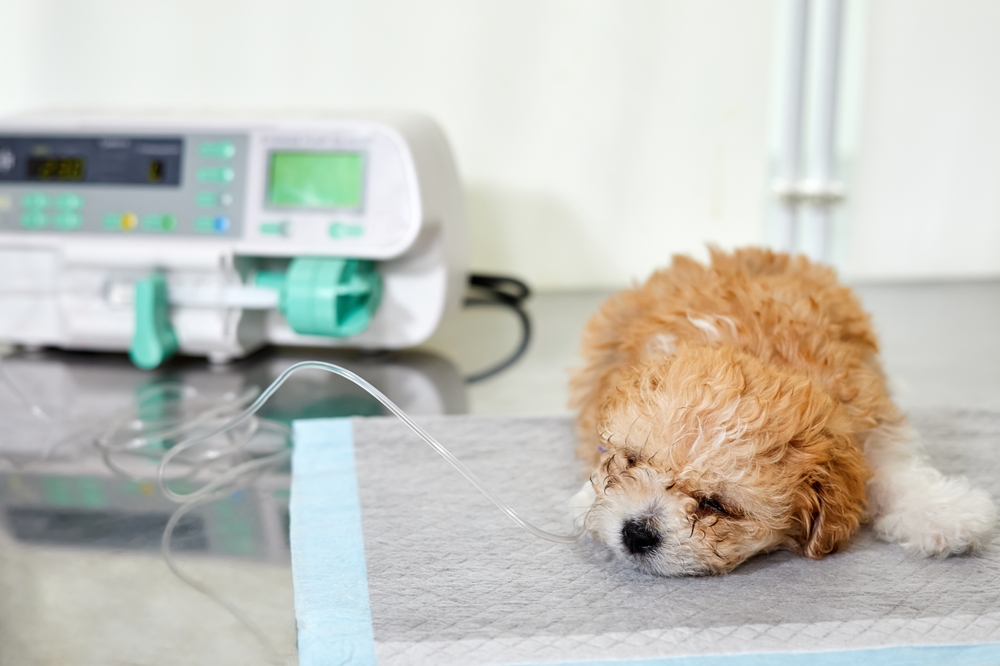
Heartworms are parasites that settle in the heart and pulmonary arteries, potentially leading to heart failure and lung damage. Symptoms include coughing, fatigue, and weight loss.
Transmission: Transmitted by bites from infected mosquitoes.
Treatment/prevention: Prevented with monthly antiparasitic treatments and limiting exposure to mosquitoes.
Parvovirus

Parvovirus is a severe and highly contagious viral disease that affects a dog’s gastrointestinal system, often causing bloody diarrhea and vomiting. It primarily affects puppies and can be fatal without prompt treatment.
Transmission: Spread through contact with infected feces, surfaces, or objects.
Treatment/prevention: Best prevented through vaccination and by avoiding risky environments for unvaccinated dogs.
Dilated Cardiomyopathy (DCM)
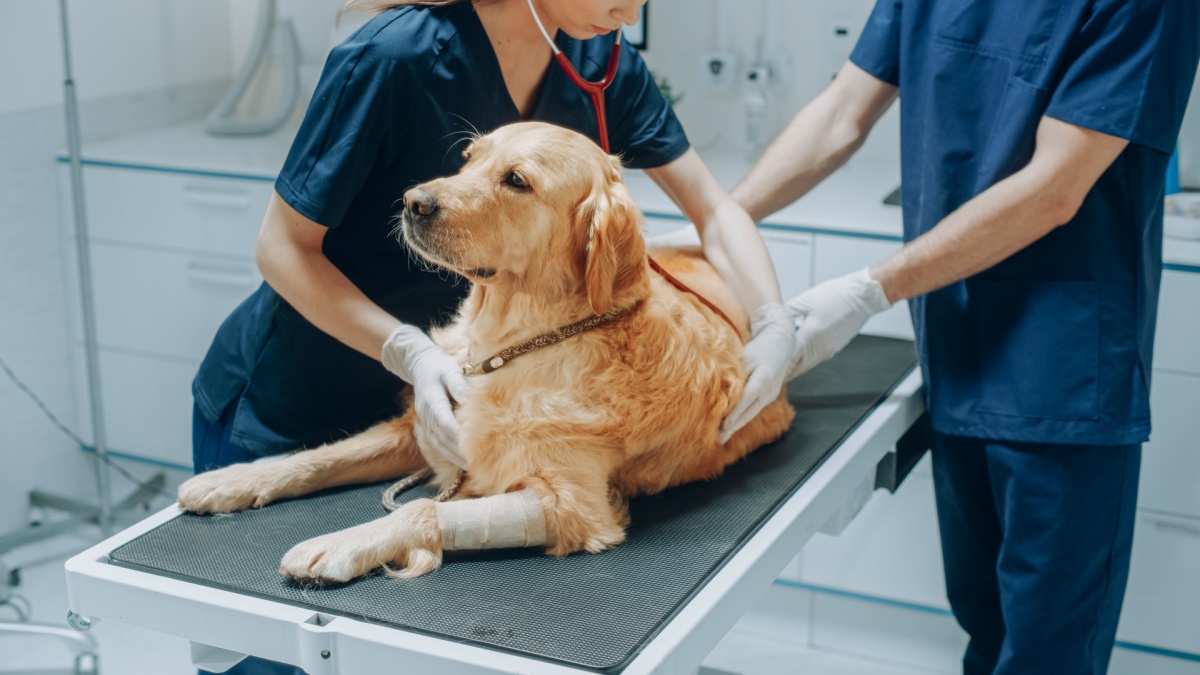
Dilated cardiomyopathy is a heart disease in which the heart muscle becomes weakened and enlarged, reducing its ability to pump blood effectively. It can lead to heart failure, fluid buildup, and sudden death.
Transmission: DCM is mainly genetic but may also be linked to nutritional deficiencies.
Treatment/prevention: Managed with medication, dietary supplements, and regular monitoring of heart function.
Lyme Disease
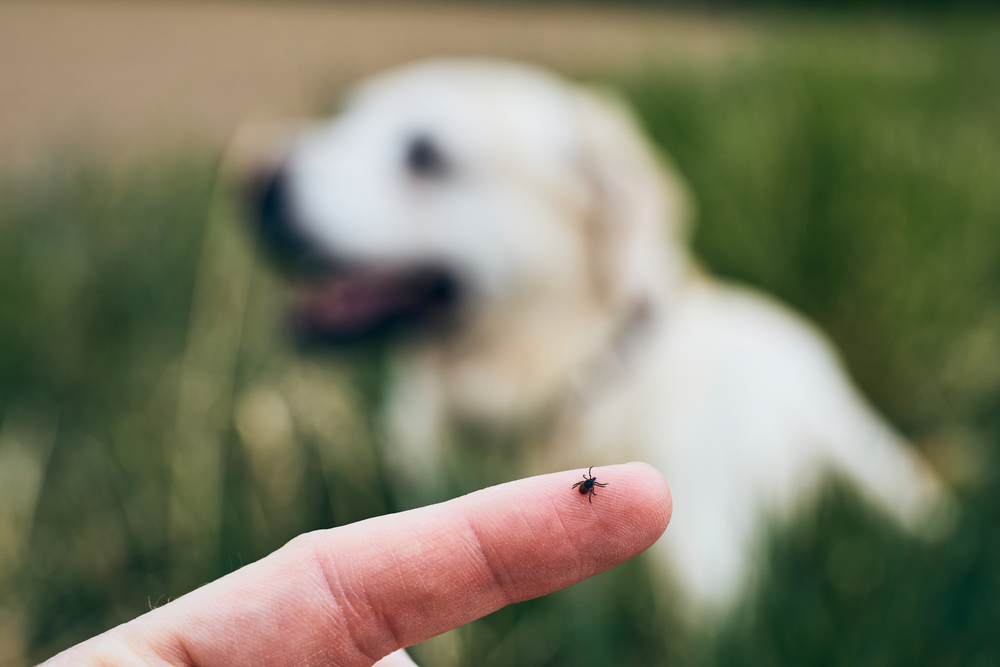
Lyme disease is a bacterial infection caused by the Borrelia bacterium and can result in joint pain, fever, and kidney problems. If left untreated, it can cause serious chronic health issues.
Transmission: Spread through bites from infected ticks.
Treatment/prevention: Prevented with effective tick control, regular tick checks, and vaccination in high-risk areas.
Tips for Keeping Your Dog Healthy
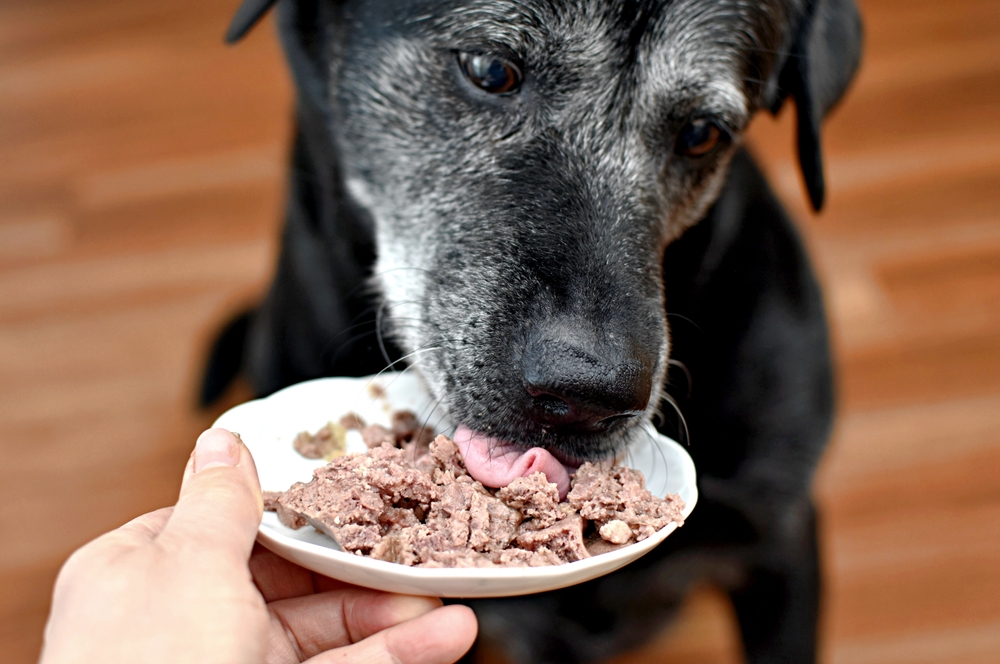
Schedule regular vet visits, even when your dog seems healthy, to detect diseases early. Provide a balanced and nutritious diet tailored to your dog’s age, size, and activity level. Ensure your dog receives necessary vaccinations and health checks to prevent serious illnesses.
…And a Few Extra Tips

Make sure your dog gets daily exercise and mental stimulation to stay fit both physically and mentally. Watch for changes in behavior, appetite, or energy levels, as early detection of symptoms can be crucial. Create a safe and stimulating environment filled with love, play, and rest.

